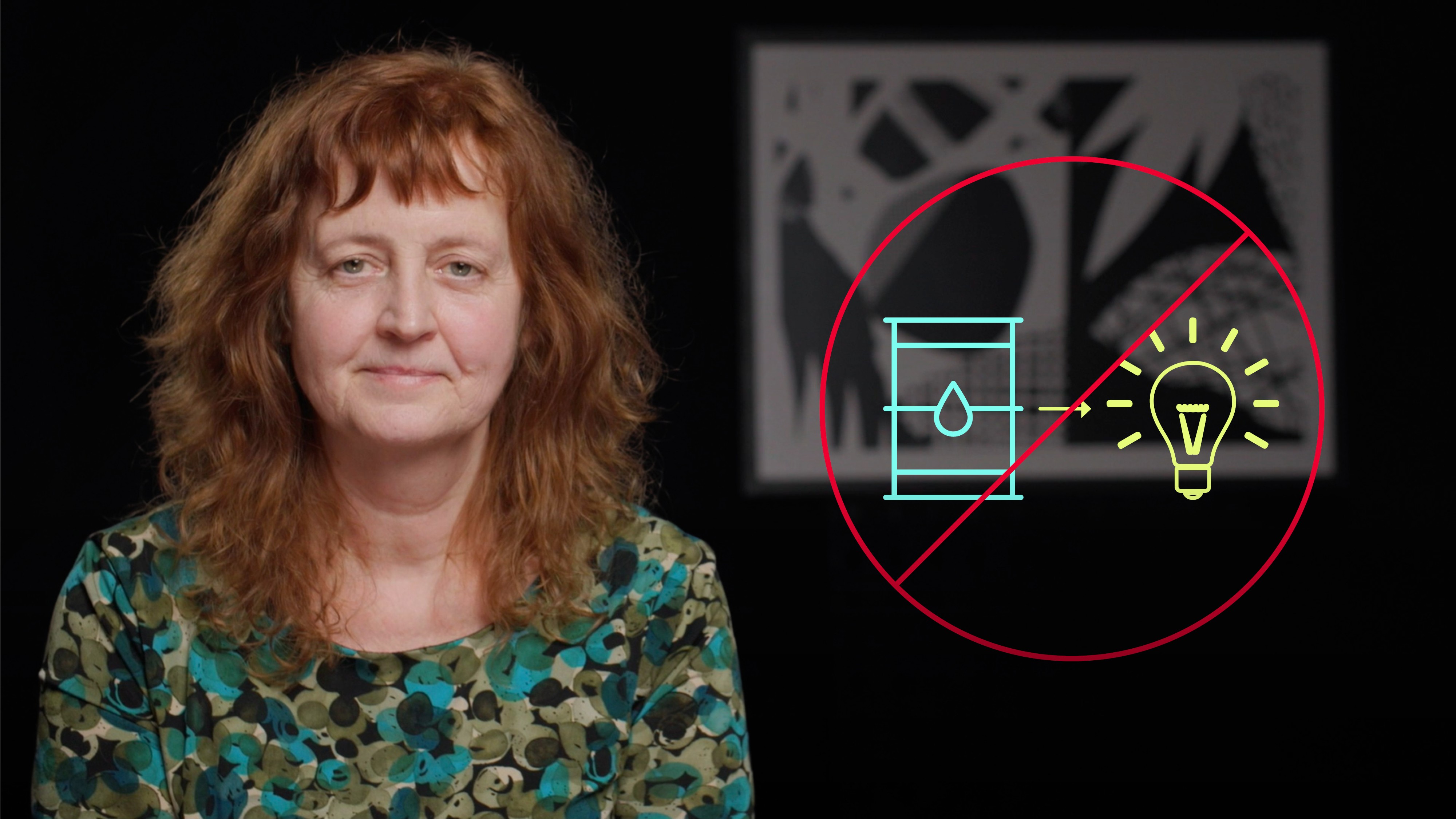
Origins and Landscape of Voluntary Carbon Markets

Nicola Steen
30 years: Emissions Trading Schemes
In this video, Nicola discusses how carbon markets help reduce rising emission levels. She has distinguished between mandatory carbon markets and voluntary carbon markets. She further explains the early building of the voluntary carbon market around the world. She further explores the setup of Verra’s Voluntary Carbon Standard (the VCS) and the Gold Standard in parallel to the Government-led UN’s Clean Development Mechanism
In this video, Nicola discusses how carbon markets help reduce rising emission levels. She has distinguished between mandatory carbon markets and voluntary carbon markets. She further explains the early building of the voluntary carbon market around the world. She further explores the setup of Verra’s Voluntary Carbon Standard (the VCS) and the Gold Standard in parallel to the Government-led UN’s Clean Development Mechanism
Subscribe to watch
Access this and all of the content on our platform by signing up for a 7-day free trial.

Origins and Landscape of Voluntary Carbon Markets
13 mins 23 secs
Key learning objectives:
Understand how carbon markets help reduce rising emission levels
Understand the setup of Verra’s VCS and Gold Standard in parallel to UN’s CDM
Understand the origins of Voluntary Carbon Markets
Understand the types of carbon markets
Overview:
Emissions limitations and a decrease in the amount of greenhouse gases produced by economies are crucial. The numerous trading mechanisms make it possible for reductions in emissions from these growth and development patterns as well as modifications to take place in the most effective and cost-effective ways possible. We must make sure that our infrastructure and energy systems are installed, expanded, or replaced in a clean, efficient, and sustainable manner.
Subscribe to watch
Access this and all of the content on our platform by signing up for a 7-day free trial.
What are the types of Carbon Markets?
- Mandatory carbon markets – Market activity under the mandatory compliance schemes of an international, national or regional regime.
- Voluntary carbon markets - These don’t fall under any specific compliance regime
Origins of Voluntary carbon markets
Voluntary carbon markets have their origins in the mid to late 1990s. Some of the earliest trades were carried out in North America. The people involved were key early movers in the market, taking important steps to reduce greenhouse gas emissions in a way that hadn't been done before.
In Canada, in 1996, Aldyen Donnely set up the Greenhouse Emissions Management Consortium. Carlton Bartels was key to many of these deals, including innovative nature-based reductions. By 2002, Corinne Boone, closed the largest deal totalling 9mtCO2e between Ontario Power Generation and Petrosource.
In the UK, early movers were CO2e.com, co-founded by Carlton Bartels and Steve Drummond, and Jack Cogan's Natsource. India was quick out of the blocks in engaging to capture finance for projects, taking the opportunity to reduce emissions and receive payment for cleaner activities.
What is the impact of NGOs on voluntary carbon markets?
NGOs have had varied reactions to voluntary carbon markets, but many, particularly in the UK, have been supportive of robust action that moves money to sustainable projects. WWF was instrumental in establishing, for example, the Gold Standard in 2003 - and many NGOs have endorsed it.
The Gold Standard is a robust framework that outlines how carbon emission reducing projects should be set up and validated. The Gold Standard asks that each project has at least three of the United Nations' Sustainable Development Goals, or SDGs. Around 2004, pan-industry groups were talking about the Voluntary Carbon Standard, the VCS, which today is run by Verra. The discussions about standards for the voluntary market took place in parallel to the UN's development of its own carbon reduction requirements.
Subscribe to watch
Access this and all of the content on our platform by signing up for a 7-day free trial.

Nicola Steen
There are no available Videos from "Nicola Steen"



























